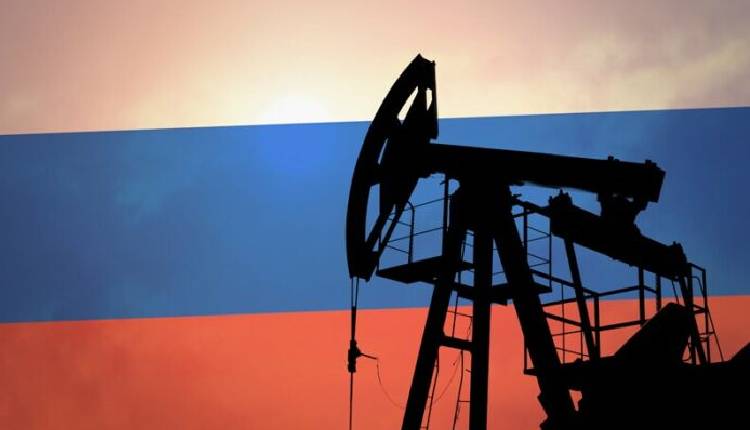Proceeds from oil and gas sales for Russia’s federal budget soared by approximately 41 per cent year-on-year in the first half of the year, totaling 5.698 trillion roubles ($65.12 billion), according to data released by the finance ministry on Wednesday. This surge was driven by higher oil prices and a weaker rouble.
Oil and gas revenues have consistently been the Kremlin’s primary financial lifeline, contributing between a third and half of total federal budget revenues over the past decade.
However, Western sanctions imposed due to the military conflict in Ukraine aim to curb Russia’s substantial oil and gas income, which typically accounts for about a third of the country’s federal budget.
Throughout the first half of the year, the average price of Russia’s flagship oil, Urals blend, stood at $69.1 per barrel, exceeding the Western-imposed cap of $60 and up from $52.5 during the same period in 2023. Concurrently, the rouble weakened to 90.8 per $1, down from 76.9 in January to June 2023.
In May, oil and gas revenue amounted to 794 billion roubles, falling short of the Reuters forecast of 814 billion roubles. However, proceeds from the mineral extraction tax (MET) surged in June to over 1 trillion roubles, a significant increase from 631.6 billion roubles in June 2023, as reported by the finance ministry.
Additionally, payments to refineries under the “damping mechanism,” implemented to prevent companies from capitalising excessively on high fuel export prices and to protect the domestic market, totaled 158.1 billion roubles last month. This figure represents a decline from 201.7 billion roubles in May to 78.6 billion roubles in June 2023.
The government anticipates federal revenue of 10.7 trillion roubles from oil and gas sales in 2024, marking a 21 per cent increase compared to 2023.
Attribution: Reuters.


